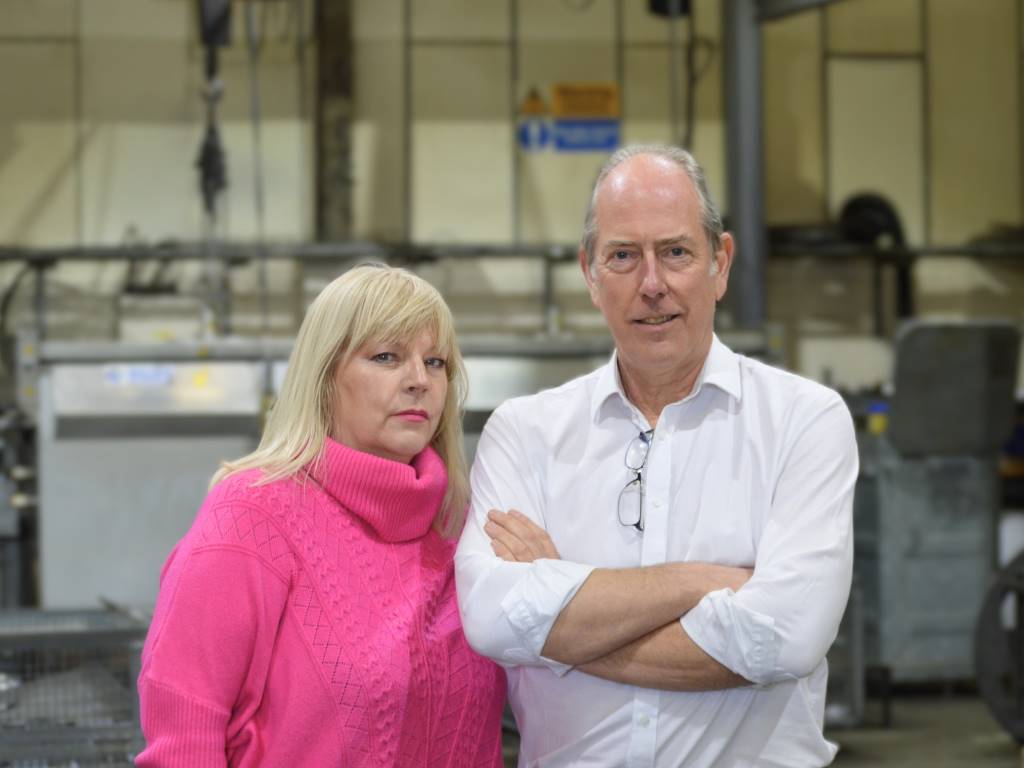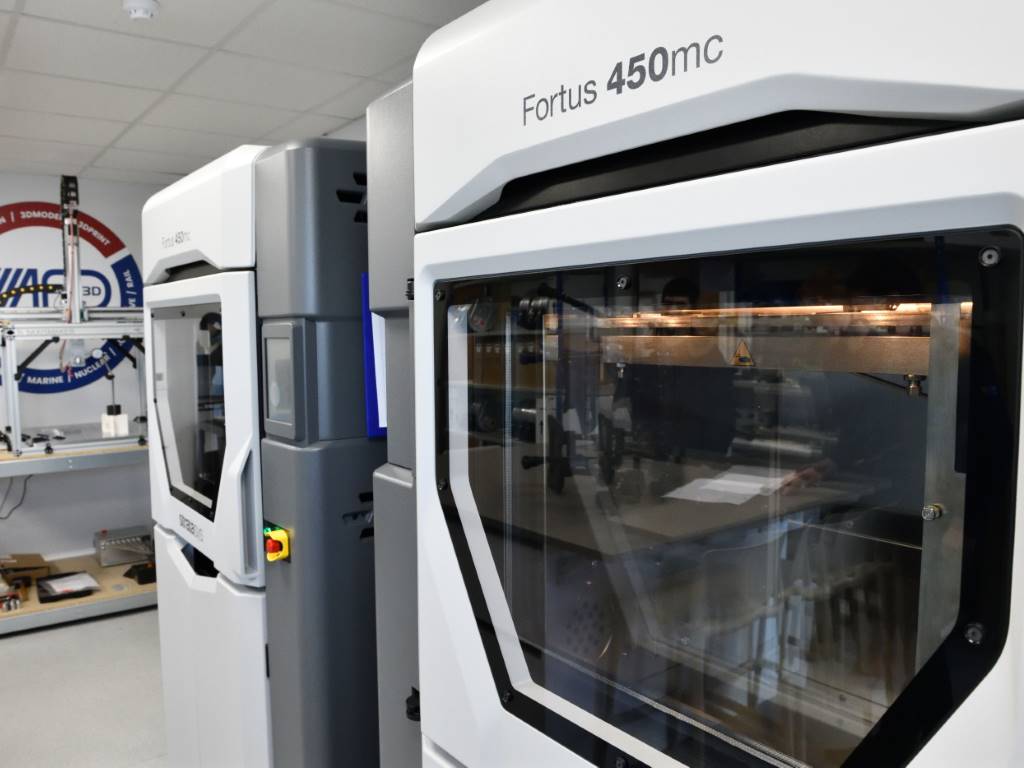Oil & Gas UK: outlook for the industry
It's been a turbulent year for the offshore industry but despite oil prices being a fraction of what they were a year ago, there's still reason for optimism according to Oil & Gas UK's business development director Stephen Marcos Jones.
This summer, Oil & Gas UK held its Annual Conference –bringing the industry together to recognise the challenges that face us and to focus on future. It gave us a better understanding of what's ahead – and how we should go about making this industry more sustainable in a world of $60 oil.
Over the last 20 years, the price has averaged at $62 per barrel and the forward predictions look like around $65. Despite the contrast between these prices and the price of $100 plus we saw last summer, we have the promise of a bright future with over 20 billion barrels of oil and gas still to play for, and a vibrant supply chain, at home and abroad. Whilst on a global scale we might be a small player in terms of production, we're inarguably leading the world in other areas. Our technical expertise is unsurpassed and reflected in the quality and the capability of the wider supply chain throughout the UK.
We heard at our Annual Conference that demand for our products are strong and will continue to be so – but our productivity has fallen rapidly. The oil price plummeting has put our efforts to increase efficiency and reduce costs into focus, pushing the sector to move forward with a greater sense of urgency.
This year has seen big news for the offshore oil and gas industry. As the basin matures so too does Government's relationship with its biggest industrial success story. The commissioning of the Wood Review and implementation of its recommendations, including the establishment of the Oil and Gas Authority and the tax changes announced in the 2015 Budget, laid strong foundations for the regeneration of the UK North Sea.
However, at the same time, the rate of exploration on the UK continental Shelf (UKCS) remains extremely low, with just 14 exploration wells drilled in 2014 and only seven so far this year, at a time when we should be aiming to drill upwards of 30 wells a year. The industry is currently working with the Oil and Gas Authority (OGA) on technical measures to promote the discovery and development of prospects – including the new seismic surveys funded by HM Treasury – but this work alone will not allow us to turn the corner. We must have effective regulatory, licensing and fiscal measures in place by Budget 2016 at the latest.
Problems and solutions
Looking at the escalating cost base on the UK continental shelf (UKCS), I believe we know that as an industry we have been part of the problem; and that we now need to be part of the solution; but to succeed with this approach we have to be open to change and fundamentally address the efficiency of the basin to ensure we're fit for the future. No other basin in the world has seen such rapid cost inflation. Based on data gathered by Wood Mackenzie, we can see that despite the escalation in costs in Denmark their lifting costs are still only two thirds of those in the UK.
In Norway, lifting costs are half those in the UKCS. While our neighbours in Norway and Denmark have achieved their efficiencies, it is important to remember that these countries are at a different stage of maturity however, we cannot afford to ignore the fact that the UK industry now spends on average around £18.50 (approximately $30) to produce a barrel of oil or gas, and last year saw its total overall operational spend increase by around £1 billion to reach a record £9.6 billion.
Reality check
At our recent event in Aberdeen there was undoubtedly a sense of optimism about what we can achieve by working together, alongside a heavy dose of realism; the business environment out there is already tough and is likely to remain so.
Now we're working on building an industry that is fit for the future, to support skilled workers and ongoing security of energy supply for the UK. Our challenge is to raise our game in terms of our efficiency.
It was good to hear then that progress on this front is now being made. For example Nexen has been able to improve productivity offshore from five and a half hours to over eight hours per shift by encouraging its offshore workforce to contribute to the concept of marginal gains, a technique used previously by the Tour de France winning Sky cycling team.
Total is also making its field operations more efficient by encouraging offshore teams to use visualisation techniques to improve planning operations and maintenance and as a result jobs are being completed up to 12% faster. At the Annual Conference, Centrica Energy gave examples of how the company is tackling the challenge of being profitable in a low price environment , working together with both existing and new suppliers as part of a 'Hackathon' brainstorming session.
In perspective
There is a lot to be proud of. On top of progress making the industry more efficient, the scale of the sector alone is staggering. Over 45 billion barrels of oil and gas produced so far – enough to fill almost three million Olympic swimming pools; a network of 36,000km of pipelines – equal to distance from Aberdeen to Adelaide and back again; and platforms as tall as the BT Tower, or almost as tall as the Shard.
From a technical perspective, precision of remote drilling under the North Sea can be compared to delivering a letter through a letter box in Edinburgh from London; or dropping a plumb line from the top of the Empire State Building and then guiding it through the rear and front windscreens of every car parked in the nearby streets. Now our Annual Conference is wrapped for another year, and, following the publication of our annual Economic Report and PILOT Share Fair event which last year attracted more than 1,400 delegates from throughout the UK and encouraged operators companies to share their upcoming projects with the sider supply chain, we'll be hosting our Annual Awards at Aberdeen's Exhibition and Conference Centre but open to companies from across the country.
Whilst industry is facing a tough challenge to improve its efficiency we believe it is still important to recognise individual achievement and share stories of the exceptional work taking place in this industry.
Last year, our two company awards – the Oil & Gas UK Award for Investment in People and the Oil & Gas UK Award for Business Innovation – were split into two categories for large and smaller companies to ensure companies of all shapes and sizes across the supply chain were encouraged to share their achievements. We hope that this will again this year result contributions from companies and individuals right across the country on the night.
Oil & Gas UK
www.oilandgasuk.co.uk












